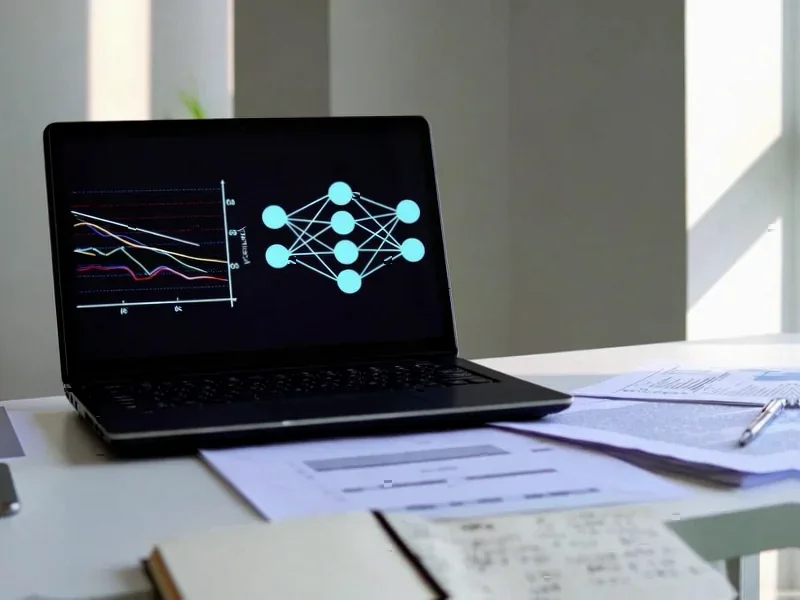According to Fortune, executives at the Fortune Global Forum in Riyadh, Saudi Arabia discussed critical limitations of AI in workforce management, particularly regarding promotions and succession planning. Ray Dalio, legendary hedge fund manager, warned that America is developing dependency on just 3 million tech workers—roughly 1% of the population—creating dangerous economic stratification. Wipro CEO Vinay Firake emphasized that human oversight is “absolutely essential” for successful AI implementation, while Heidrick & Struggles vice chair Anne Lim O’Brien cautioned that while AI tools provide quick answers for promotion decisions, they shouldn’t be taken at face value. The conversations highlighted growing concerns about over-reliance on AI for critical human resources functions despite its efficiency benefits.
The Unseen Dangers of Algorithmic Advancement
What makes promotion decisions particularly unsuitable for full automation is the complex interplay of soft skills, team dynamics, and contextual performance that algorithms struggle to quantify. While AI can efficiently process quantitative data like sales numbers or project completion rates, it misses the nuanced leadership qualities, mentorship capabilities, and cultural contributions that often determine long-term success in elevated roles. The executive discussions at the forum underscore a critical reality: the most valuable employees often contribute in ways that don’t translate neatly into data points.
Why Human Judgment Still Wins
Human managers bring something algorithms cannot: the ability to understand context, recognize growth potential beyond current performance, and factor in intangible qualities like resilience, adaptability, and emotional intelligence. When JPMorgan Chase introduced AI tools for performance reviews, they wisely positioned them as assistants rather than decision-makers. This approach acknowledges that while AI can surface patterns and suggest language, the final judgment calls require human wisdom born from experience with team dynamics and organizational culture.
The Coming Workforce Stratification
Ray Dalio’s warning about economic dependency on a tiny tech elite points toward a future where AI implementation could exacerbate existing inequalities. If promotion and compensation decisions become increasingly automated, we risk creating self-reinforcing systems where certain profiles and backgrounds get systematically advantaged. The broader forum conversations suggest we’re approaching a critical juncture where companies must deliberately design hybrid systems that leverage AI’s analytical strengths while preserving human judgment’s contextual understanding.
Building Responsible AI-Human Partnerships
The most forward-thinking organizations are developing frameworks where AI handles data aggregation and pattern recognition while humans focus on interpretation and decision-making. This isn’t about resisting technological progress—it’s about recognizing that some organizational functions require the moral reasoning, ethical considerations, and nuanced understanding that current AI cannot provide. As companies like Amazon cite AI efficiencies while cutting thousands of jobs, the executive warnings from Riyadh become increasingly prescient about maintaining balance in workforce management.
Where This Leads in 12-24 Months
We’re likely to see increased regulatory scrutiny and internal governance around AI usage in HR functions, particularly in Europe where data protection and algorithmic transparency are already major concerns. Companies that successfully navigate this transition will treat AI as a powerful advisory tool rather than an autonomous decision-maker, creating promotion and compensation systems that combine algorithmic efficiency with human wisdom. The organizations that get this balance right will gain significant competitive advantage in talent retention and organizational health.




